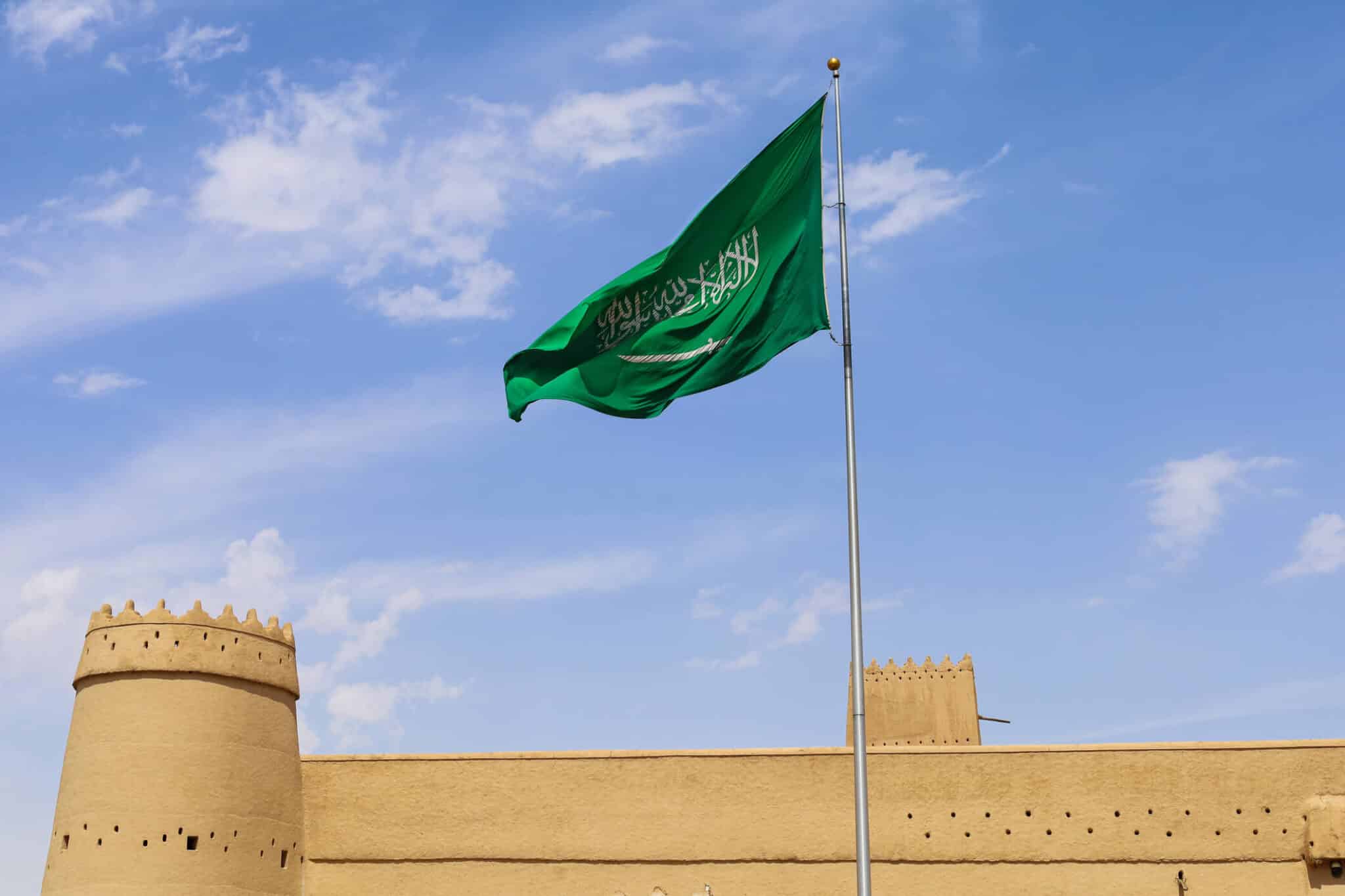Key Funding Incentives
1 | Enhanced Tax Incentives and Exemptions
Saudi Arabia leverages its tax system to create a highly attractive environment for innovation and investment.
Standard Incentives Program (SIP): Launched in early 2025, this programme offers significant financial support for initial project investments, covering up to 35% of eligible costs, with a cap of SAR 50 million per qualifying project. This is a direct grant, not a tax credit, and is tied to performance and economic development targets.
Regional Headquarters (RHQ) Program: Multinational companies establishing their Regional Headquarters in Saudi Arabia benefit from a 30-year tax incentive package (effective from 2024). This includes a 0% corporate income tax (CIT) rate on qualifying RHQ income and a 0% Withholding Tax (WHT) on dividends, payments to related parties, and payments for necessary services.
Special Economic Zones (SEZs) & Targeted Exemptions: SEZs offer streamlined regulations, customs duty exemptions, and a reduced 5% CIT rate for 20 years (compared to the standard 20% CIT rate), making them attractive for R&D-intensive industries.
Customs Duty Exemptions: Machinery, equipment, and raw materials required for approved industrial projects can often be imported duty-free, provided they are not available locally.
Regional Development Incentives: Less-developed regions of Saudi Arabia also offer tax concessions for a period of ten years, including deductions based on training expenditure for Saudi nationals, salaries paid to Saudis, and foreign capital contributions.
Impact: These comprehensive tax incentives significantly lower the cost of doing business and investing in R&D, attracting both local and international companies to establish and expand their innovative operations in the Kingdom.
2 | Direct RDI Funding and Financial Support
Public funds and agencies provide targeted grants and favourable long-term financing, often coordinated by the central RDI authority.
Research, Development, and Innovation Authority (RDIA): Established in 2021, RDIA is the national entity responsible for setting the RDI strategy (aiming to raise RDI investment to 2.5% of GDP by 2040) and managing large-scale grant programmes. RDIA’s funding is structured around four national priorities: Health & Wellness, Sustainable Environment & Essential Needs, Energy & Industrial Leadership, and Future Economies. Programmes include:
- Saudi Applied Research and Technology Initiative: Provides grants to bridge the gap between research and commercialisation (e.g., Baseload Applied Grants, Technology Development Grants).
- Saudi Basic Science Program: Supports early-stage fundamental research across all priority areas.
- Saudi Industrial Development Fund (SIDF): SIDF is a pivotal financial institution offering favourable long-term loans and advisory services for industrial and infrastructure projects. SIDF’s Investment Company (SIC) also partners with platforms like Lendo and Tameed to launch investment programmes (e.g., up to SAR 200 million) to provide working capital financing for industrial SMEs.
- Public Investment Fund (PIF): As a sovereign wealth fund, PIF is a key driver of large-scale strategic projects (e.g., NEOM) and actively invests in high-tech companies and strategic sectors, including venture capital funds (through Sanabil Investments).
- Monsha’at (The General Authority for Small and Medium Enterprises): Monsha’at provides funding, training, and resources specifically tailored for SMEs and start-ups, supporting their growth and development across various sectors.
3 | Ecosystem Development and Talent Nurturing
The Kingdom is heavily investing in building a supportive environment that attracts global talent and facilitates the commercialisation of research.
Special Economic Zones (SEZs): These zones offer a conducive business environment with streamlined regulations, customs duty exemptions, and relaxed labour regulations, specifically designed to attract and foster growth in target industries like logistics, technology, and manufacturing. The establishment of a “Cloud Computing SEZ” is an example of a sector-specific focus.
KAUST Innovation Ecosystem:King Abdullah University of Science and Technology (KAUST) plays a crucial role. Its KAUST Innovation Ventures invests in early-stage deep tech start-ups (spin-outs and spin-ins) in areas like AI, robotics, and clean energy, bridging the gap from research to commercialisation.
Startup Accelerators and Incubators: Numerous government-backed and private accelerators (e.g., Misk Accelerator, TAQADAM) and incubators provide physical spaces, mentorship, educational programs, and non-dilutive funding to help startups develop and scale their ideas.
Talent Development Programs: Initiatives are in place to upskill the local workforce and attract global tech talent to support the burgeoning Saudi startup ecosystem, including targeted STEM education and research programmes (e.g., Saudi Research Science Institute).
4 | Venture Capital Landscape
Saudi Arabia’s venture capital (VC) landscape has undergone a remarkable transformation, emerging as the most funded geography in the MENA region.
-
- Growth and Dominance: The Saudi VC market has experienced exponential growth in funding value, driven by strategic investments and strong government support. Saudi-based startups and companies consistently dominate the region’s venture landscape.
-
- Investment Focus: Significant VC activity is seen across technology-led sectors, including consumer technology, e-commerce, fintech, AI/ML, and deep tech. There’s a particular emphasis on nurturing AI-native startups.
-
- Key Players: The ecosystem benefits from the increasing activity of local VC funds (often supported by fund-of-funds programs) and growing interest from international investors. Corporate venture capital (CVC) is also emerging as a key component, with established corporations investing in startups for strategic alignment and access to innovation.
-
- Impact: The thriving VC landscape, coupled with ambitious government initiatives, provides critical capital for Saudi startups to scale rapidly, attract talent, and make a regional and global impact, solidifying the Kingdom’s position as a leading innovation hub.
Conclusion
Saudi Arabia’s comprehensive strategy for innovation funding, deeply integrated with Vision 2030, is creating a highly attractive and supportive environment for businesses and innovators. Through a combination of enhanced tax incentives (RHQ, SEZs), direct financial support from major public funds (RDIA, SIDF, PIF), extensive ecosystem development initiatives, and a rapidly expanding venture capital market, the Kingdom is effectively reducing financial barriers and risks associated with R&D and entrepreneurship. This multi-pronged approach is fundamental to Saudi Arabia’s success in diversifying its economy, fostering technological advancement, and becoming a global innovation powerhouse.
We’re here to help. Contact us to discuss how ABGi can support your global innovation strategy.

